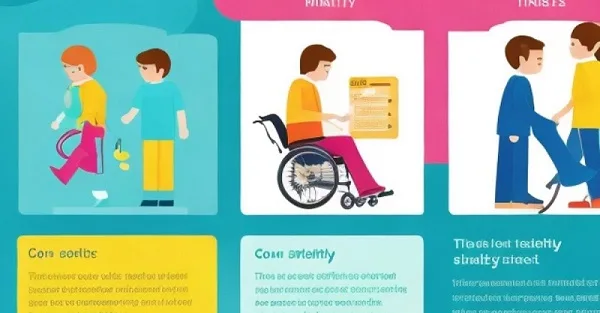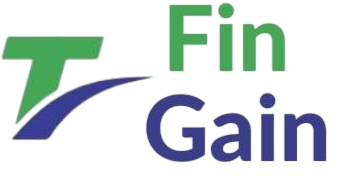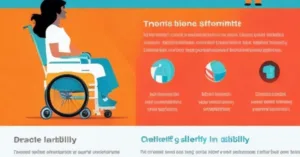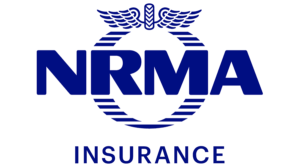why does dave mention that you don’t need short-term disability insurance?: Introduction
Short-term disability insurance (STDI) is a valuable resource that provides income replacement when individuals are unable to work due to an illness or injury. However, renowned financial guru Dave Ramsey has made a notable statement, advising against the necessity of STDI. In this blog post, we will delve into the reasoning behind Dave Ramsey’s recommendation and explore whether it aligns with your unique financial circumstances.

When it comes to financial advice, Dave Ramsey is known for his no-nonsense, savings-first approach. One of his more debated positions is his stance on short-term disability insurance. According to Dave Ramsey, this type of coverage is often unnecessary if you’ve built a solid emergency fund. He believes that with 3–6 months of expenses saved, most people can weather a short-term illness or injury without needing to pay for additional insurance. This perspective aligns with his broader philosophy of financial independence and self-reliance—but is it right for everyone?
Dave Ramsey’s Reasoning
Dave Ramsey offers two primary reasons for his stance on not recommending STDI. Firstly, he strongly believes that individuals should prioritize getting out of debt before investing in any other type of insurance. Secondly, Ramsey contends that it is possible to build sufficient savings to cover expenses during a short-term disability, rendering STDI unnecessary.
Debt
One of Dave Ramsey’s central arguments is centered around the importance of eliminating debt before considering additional financial commitments. He perceives debt as a significant financial burden, capable of impeding one’s ability to achieve long-term financial goals. Ramsey asserts that by becoming debt-free, individuals can better allocate funds towards saving for various expenses, including potential short-term disabilities.
Savings
Dave Ramsey’s second point focuses on the significance of building a robust emergency fund. He recommends having at least three to six months’ worth of living expenses saved in an emergency fund. This proactive approach ensures that in the event of a short-term disability, individuals will have a financial cushion to cover essential expenses until they can return to work.
Is STDI Right for You?
The decision of whether STDI is suitable for you depends on your specific financial situation. If you find yourself grappling with substantial debt or lacking adequate savings to cope with a short-term disability, then STDI may be a prudent option. However, if you have successfully eliminated all debts and possess a healthy emergency fund, it might be possible to forgo STDI.
Considering your current financial standing, your risk tolerance, and your ability to manage unforeseen expenses are crucial factors to weigh when deciding on STDI coverage.
Conclusion
Determining the need for STDI is a personal choice, and there is no universal right or wrong answer. Each individual’s financial journey is unique. If you are contemplating purchasing STDI, it is essential to conduct a thorough evaluation of your financial circumstances, potential risks, and future goals. Consulting with a financial advisor can provide valuable insights and help you make an informed decision.
FAQs (Frequently Asked Questions)
- Does Dave Ramsey recommend any insurance at all? Yes, Dave Ramsey advocates for essential insurance coverage, such as health insurance, life insurance, and long-term disability insurance.
- What is the difference between short-term disability insurance and long-term disability insurance? Short-term disability insurance covers a temporary disability that usually lasts up to six months, while long-term disability insurance takes over when a disability extends beyond the short-term period.
- Can STDI be beneficial for self-employed individuals or freelancers? Yes, STDI can be particularly advantageous for those who do not have access to traditional employer-provided disability benefits.
- Are there any limitations to STDI coverage? Yes, STDI policies often come with specific exclusions, waiting periods, and benefit caps. It’s crucial to review the terms of the policy thoroughly.
- Can I rely solely on an emergency fund without STDI? Relying solely on an emergency fund is a personal decision that depends on your risk tolerance and financial preparedness. STDI can offer an added layer of protection during uncertain times.









